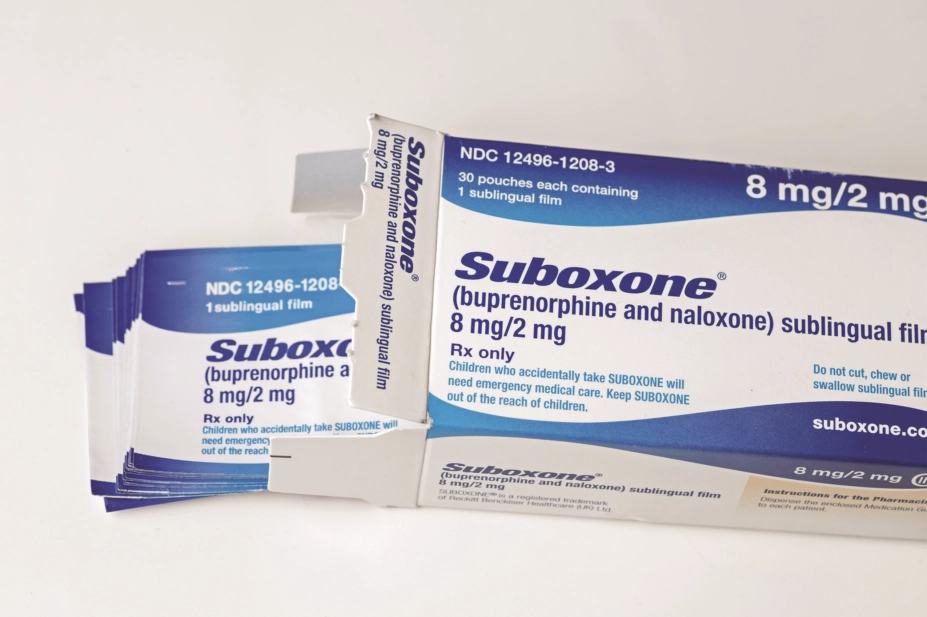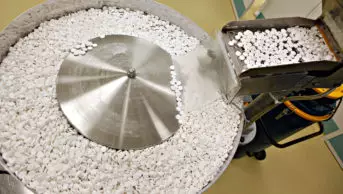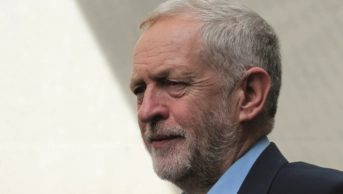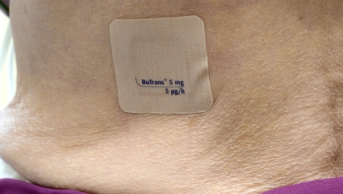
Shutterstock.com
Non-NHS organisations, including charities and local authorities, have had to pay £5.6m for drugs under the generics price concessions scheme in 2018 — almost all of which was spent on buprenorphine — data analysts at the University of Oxford have found.
This comes after similar data revealed that the government has already paid £156.4m in generics price concessions in 2018/2019.
The figures, compiled by analysts at Openprescribing, a data laboratory at the University of Oxford, show that of all the organisations with prescribing data that are not clinical commissioning groups (CCGs), three substance abuse charities spent the most on price concessions.
Change, Grow, Live — a substance misuse charity based in Brighton, UK — spent the most on price concessions at just over £2m in 2018.
Mike Pattinson, executive director at the charity, said it “will look at options, including substituting with less-costly alternatives where this can be done safely and effectively”, when prices get too high.
He added that price hikes for buprenorphine led the charity to negotiate “an affordable arrangement with Ethypharm to supply Espranor — an effective and arguably superior alternative formulation that meant we could move many of our service users from buprenorphine to Espranor safely”.
Charities that prescribe a small number of drugs “can be disproportionately affected by price concessions as these are less likely to be offset by price reductions in other drugs, as is sometimes the case with NHS and CCGs,” he said.
Buprenorphine 8mg and 2mg sublingual sugar-free tablets were listed by Openprescribing as the top two most expensive drugs to the non-CCG organisations, costing a total of £5.5m in 2018.
Public Health England previously warned in a letter that opioid dependence services are likely to face “serious financial pressures” in the long term owing to supply issues that led to a 540% price increase.
Roz Gittins, director of pharmacy at drug misuse charity Addaction, which spent £226,144 on concessions, said: “The cost of buprenorphine remains unsustainable: when the concession stopped at the beginning of 2019, the price rose further.”
She added that cuts to local council budgets “will make the situation tougher” and “threaten the vital work of all of us in this sector and the people we’re here to provide a service for”.
David Bremner, medical director at health and wellbeing charity Turning Point, also blamed the “spiralling buprenorphine costs” for part of its £582,025 spend on concessions in 2018.
He added that the costs have “hit the substance misuse sector hard, particularly in light of an overall reduction in funding of 18% over the past five years”.
But he said that the provider continues to offer buprenorphine in another form as “patient choice and evidence-based treatment are extremely important” to the charity.


